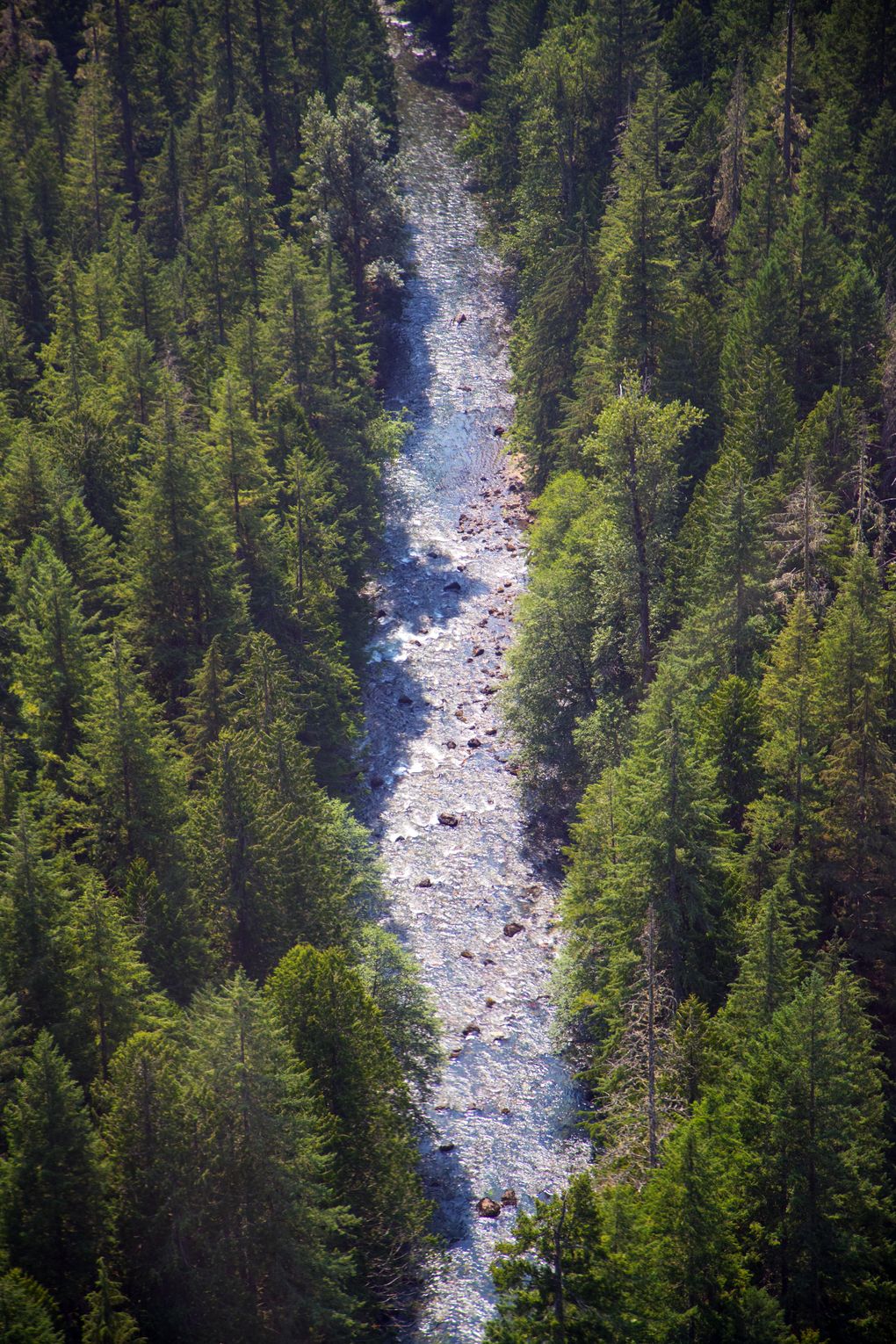From the Seattle Times: https://www.seattletimes.com/seattle-news/environment/logging-in-upper-skagit-river-watershed-put-on-hold-as-seattle-has-grave-concern/?fbclid=IwAR2RkPqMYTf8SDAyskR38RYfdACWF08N13s3lENOM6SpRP0BZiVV7QrRWt0
Conservationists fear recent logging at the Canadian headwaters of the Skagit River, the premier salmon producer of Puget Sound, will open the door to mining down the road.
Seattle Mayor Jenny Durkan, in a rare step earlier this month, wrote British Columbia Premier John Horgan with “grave concern,” admonishing his government for not consulting with the city on a B.C. logging project some 125 miles away from Seattle at the headwaters of the Skagit River.
She says cutting down the trees undercuts the spirit of a decades-old treaty between the two governments protecting the land around the project, endangering vulnerable fish populations, including chinook salmon and steelhead.
To understand why a mayor in Seattle would be concerned with a logging project in Canada, you must trace the river to its root.
Just above the 49th parallel, out of mind to most Washingtonians, is where the Skagit forms. In British Columbia, the stream is clear to the bottom seen from 2,500 feet above. Eighty-foot fir trees layer mountaintops. Higher, avalanche chutes slice through alpine meadows and remind summer visitors that snow piles up by the meter here.
But amid the greenery, brown polygon cutouts of freshly felled logs emerge. They’re at the center of Durkan’s concerns — a controversy involving two countries, loggers, miners and conservationists.
Logging, she wrote, was “inconsistent with the spirit and intent of the 1984 Treaty,” and urged Horgan halt immediately plans for more.

“Why the full assault by logging?” said Shaun Hollingsworth, a member of an international commission dedicated to the valley’s conservation.
Much of the Skagit’s headwaters are protected by Canadian parks. But, to preserve historic mining rights, the B.C. government set aside a forested area the size of Manhattan that’s surrounded by parkland. It’s known now as the “donut hole.”
Crews this summer began to fell trees inside the donut hole at the behest of British Columbia’s government. Conservationists who once fought to keep Seattle from flooding the area now worry that B.C. will allow the valley to be hollowed at its center.
From the Wilderness Commitee:
Cutting down trees in the Manning Park Donut Hole undercuts the spirit of a decades-old treaty between the Seattle and BC governments protecting the land around the project, endangering vulnerable fish populations, including chinook salmon and steelhead.

